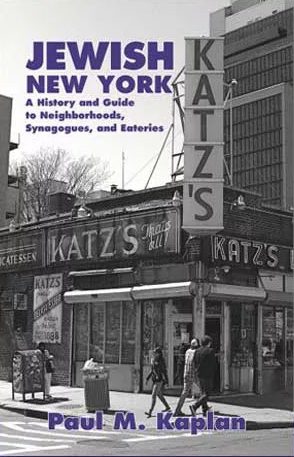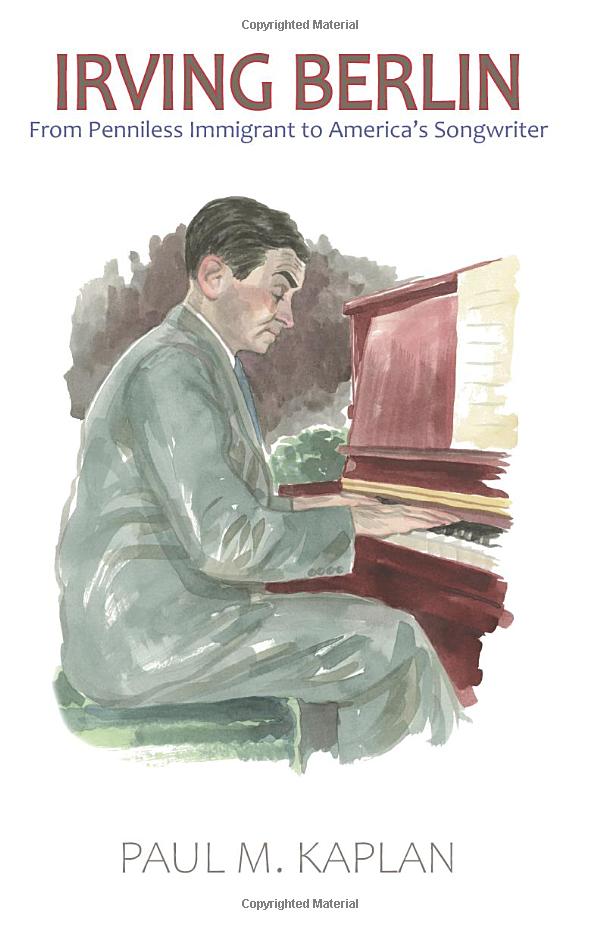New York’s Penn Station: The Rise and Fall of an American Landmark
Jewish New York: A History and Guide to Neighborhoods, Synagogues, and Eateries
Irving Berlin: America’s Unlikely Composer
F
leeing from the pogroms in Russia at age 5, the young immigrant to the US began his unlikely journey as one of America's most prolific songwriters. Leaving home as a young teenager, he roamed the rough-and-tumble street of NYC's Bowery area singing as a busker and playing scratchy tunes in local cafes. He sold a few songs to the then-thriving music sheet business of Tin Pan Alley. By age 24, he'd compose the song that would kick off ragtime music to global audiences--and launch his career.
This book examines Berlin's improbable career rise often in the face of changing consumer musical tastes and technologies. With the advent of the radio, he adapted his business model to recorded music. He wrote scores for visually spectacular shows like Ziegfeld Follies but had to adapt his songs for more character studies for the plot-integrative musicals of the 1930s and 40s. He developed songs for many new stars including the Marx Brothers films and those of Astaire and Rodgers. Yet, as a songwriter, he never seemed satisfied and doubted his talents.
Released in 1938, "God Bless America" was considered an alternative to the national anthem. Yet, decades later, it would be strongly disliked by the Right and the Left as well as overplayed on the radio. The book investigates why this song became polarizing to then reemerge decades later as a national unifier.
But Berlin's final decades were difficult. He found he could no longer adapt to yet-again changing musical tastes, He had never had any musical education and could only play the black keys on the piano. The book examines his own self-doubts, victories, and the development of his music and pays tribute to his legacy in modern-day musicals, cabarets, baseball games, and concerts.





